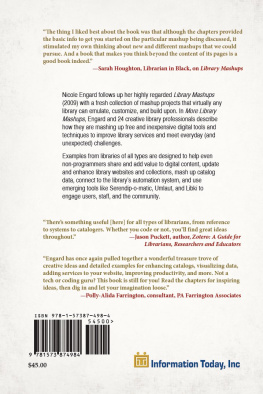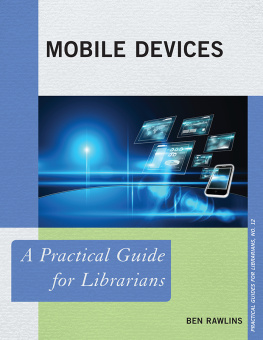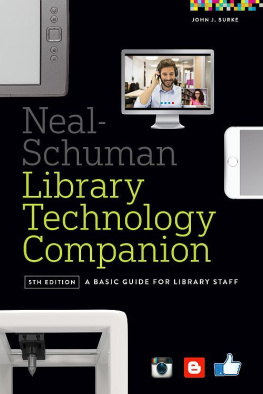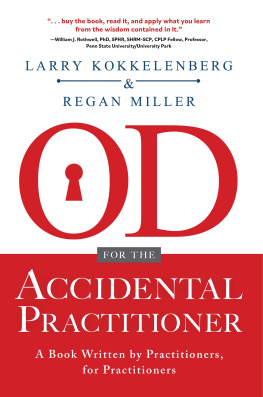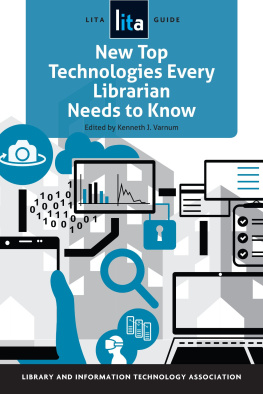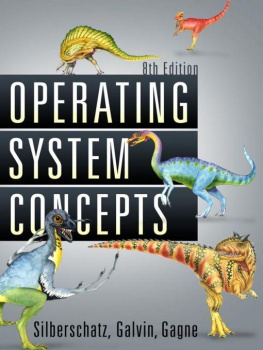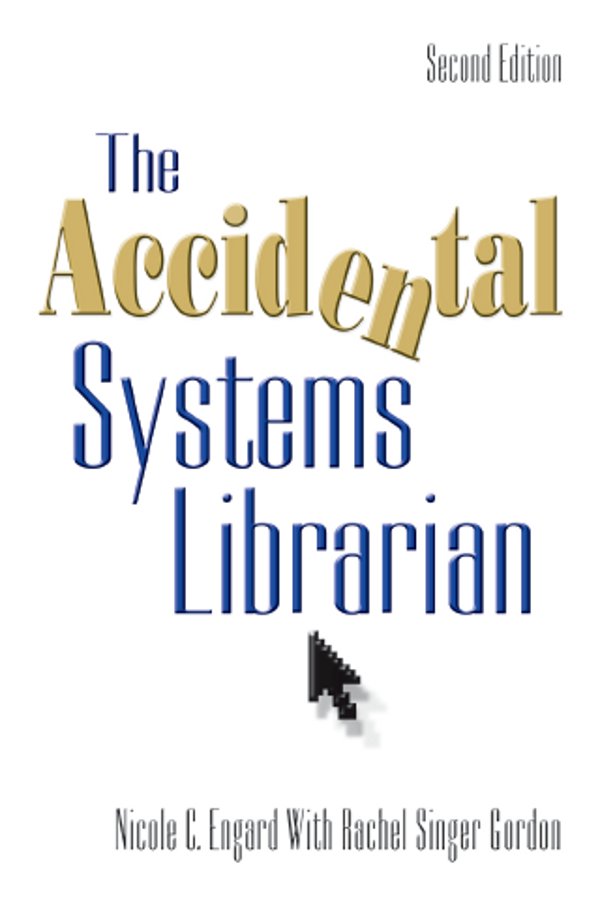
First Printing, 2012
The Accidental Systems Librarian, Second Edition
Copyright 2012 by Nicole C. Engard With Rachel Singer Gordon
All rights reserved. No part of this book may be reproduced in any form or by any electronic or mechanical means, including information storage and retrieval systems, without permission in writing from the publisher, except by a reviewer, who may quote brief passages in a review. Published by Information Today, Inc., 143 Old Marlton Pike, Medford, New Jersey 08055.
Publishers Note: The author and publisher have taken care in preparation of this book but make no expressed or implied warranty of any kind and assume no responsibility for errors or omissions. No liability is assumed for incidental or consequential damages in connection with or arising out of the use of the information or programs contained herein.
Many of the designations used by manufacturers and sellers to distinguish their products are claimed as trademarks. Where those designations appear in this book and Information Today, Inc., was aware of a trademark claim, the designations have been printed with initial capital letters.
Library of Congress Cataloging-in-Publication Data
Engard, Nicole C., 1979
The accidental systems librarian / Nicole C. Engard with Rachel Singer Gordon. -- 2nd ed.
p. cm.
Includes index.
ISBN 978-1-57387-453-3
1. Systems librarians. I. Gordon, Rachel Singer. II. Title.
Z682.4.S94E54 2012
025.00285--dc23
2012027930
Printed and bound in the United States of America
President and CEO: Thomas H. Hogan, Sr.
Editor-in-Chief and Publisher: John B. Bryans
VP Graphics and Production: M. Heide Dengler
Managing Editor: Amy M. Reeve
Editorial Assistant: Brandi Scardilli
Cover Designer: Ashlee Caruolo
Copyeditor: Barbara Brynko
Proofreader: Beverly Michaels
Indexer: Kathleen Rocheleau
www.infotoday.com
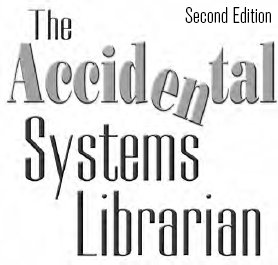
For my husband,
the best man I know
As with systems librarianship, writing a book is a less-than-solitary endeavor. I would like to thank the many library professionals who took time from their busy schedules to answer survey questions and to participate in interviews, sharing their expertise and experiences with fellow systems librarians. Thanks also to the readers of the first edition of this book for making it a success and facilitating the need for a second edition.
I would also like to extend my gratitude to Rachel Singer Gordon for having the faith in my abilities to update this work for the next generation of systems librarians. Without Rachels constant encouragement, I would have never thought to take on such a task.
tasl.web2learning.net
As a systems librarian, you know that your joband the resources you use to carry out your duties successfullyare constantly changing. While this book references a number of useful websites for systems personnel in all types of libraries, the nature of the web means that pages move, sites change, and new and helpful resources are constantly emerging.
The website, available to you as a valued reader of The Accidental Systems Librarian, will keep you apprised of these changes, updating links and adding new resources and articles of interest to systems librarians. Please feel free to email your comments, changes, or additions to .
Disclaimer
Neither the publisher nor the author make any claim as to the results that may be obtained through the use of this website or of any of the internet resources it references or links to. Neither publisher nor author will be held liable for any results, or lack thereof, obtained by the use of this site or any of its links; for any third-party charges; or for any hardware, software, or other problems that may occur as the result of using it. This website is subject to change or discontinuation without notice at the discretion of the publisher and author.
I was very excited to be asked to write the foreword for this book. As a systems librarian myself, I find that resources like this one can be very helpful. I found the book to be a useful, insightful, and well-written guide for people responsible for computer technology in library settings.
Are you an accidental systems librarian? Have you seen your career gravitate toward the management of computers in libraries? I certainly have, and if you have too, then you are a systems librarian. If you just seemed to fall into this position, then you may very well be an accidental systems librarian. Either way, congratulations! This book is for you because you have just become a member of a newer, up-and-coming specialty of the professiona speciality that is only going to increase in importance and not going to go away anytime soon. Welcome to the club!
In this book, Engard and Gordon describe the competencies of this subdiscipline as well as the various characteristics of a fully qualified systems librarian. This is very important because most of the skills they describe are not taught in the current library school curriculum. Everything you need to know is included: what software to master, techniques for learning new skills, how to network with colleagues, and of course, communication, communication, and more communication. Along the way are very useful and very insightful quotes from people in the field, short interviews, and pointers to websites all supporting and elaborating on the text.
After readingand understandingthis book, you too will discover that systems librarianship is less about computers and more about librarianship. The skills and competencies of systems librarians are very similar to the skills and competencies of librarians in general. I believe the use of the reference interview is an excellent case in point. The difference between systems librarians and other types of librarians is often more a matter of the intended audiences for services and those tools in which services become a reality.
That said, it is important to understand that systems librarianship is not limited to providing support to other people who work in libraries. No, I think its definitionas Engard and Gordon point outextends to local collection building and the provision of services to library readers (I no longer use the word users). For example, as a systems librarian, I have personally amassed a collection of more than 14,000 public domain full-text books in the areas of American and English literature as well as Western philosophy. I call this digital library the Alex Catalogue of Electronic Texts. Not only does its index support full-text searching, but each and every item in the collection is associated with concordancing functions enabling people who use the catalogue to do distant reading against the content. The catalogue has been online since 1994 and receives thousands upon thousands of hits every day. In this way, I am providing real library services to a global audience, and it is all because of my systems librarianship skills.
Depending on how one counts, librarianship has existed for hundreds if not thousands of years. For much of that time, the principles and processes of librarianship have remained rather constant. I believe they include the collection, organization, preservation, dissemination, and sometimes evaluation of data, information, and knowledge. These processes are the whats of librarianship. They dont change very much. On the other hand, the hows of librarianship evolve as technology evolves. The evolution of the venerable library catalog is an excellent example. Think first about the knowledge of collections inside a librarians mind. Then think scrolls, books, card catalogs, online public access catalogs grounded in database applications, and current index-based discovery systemsall tools used to help the reader find and access materials in a library, and all examples of evolutions in technology.


